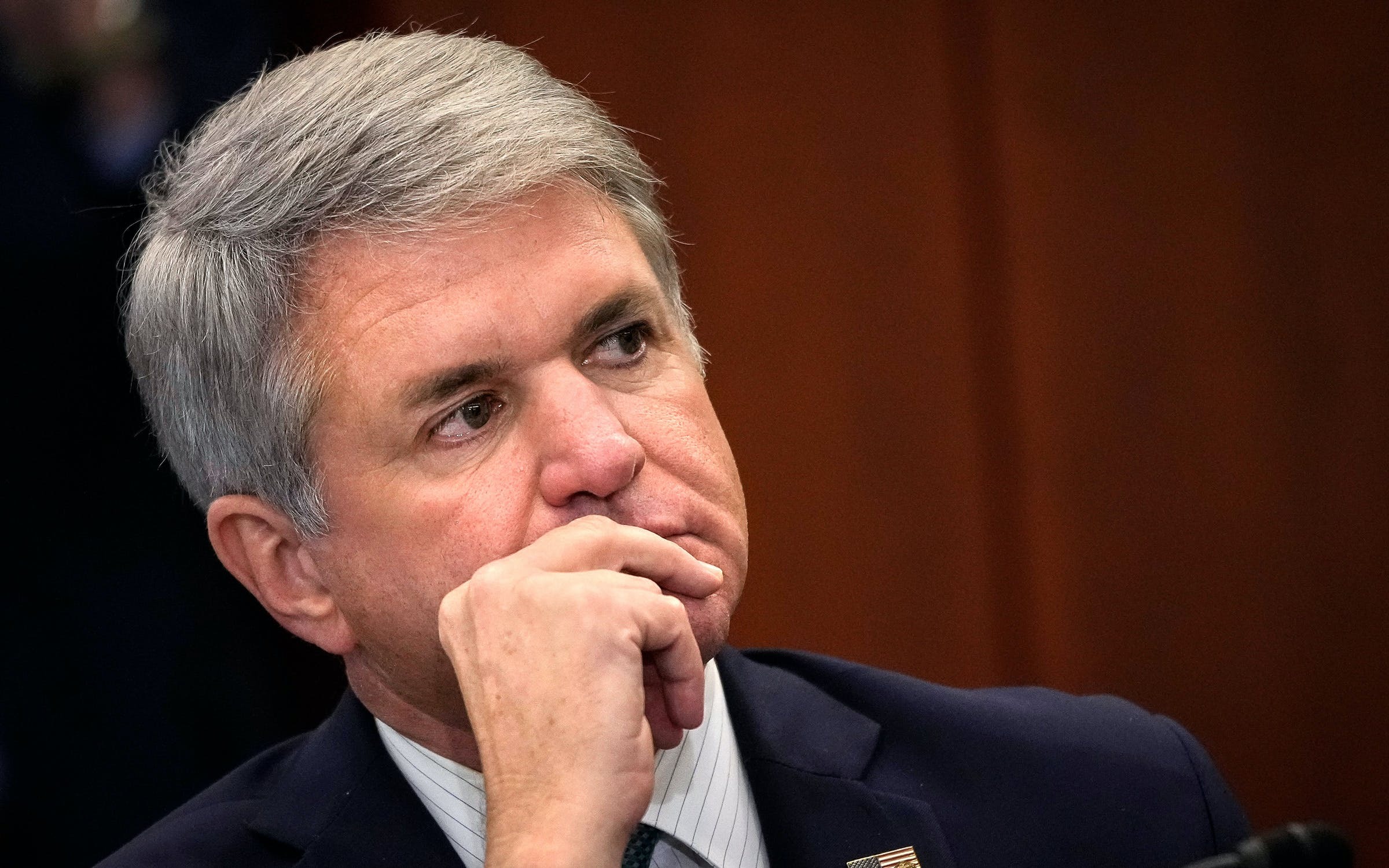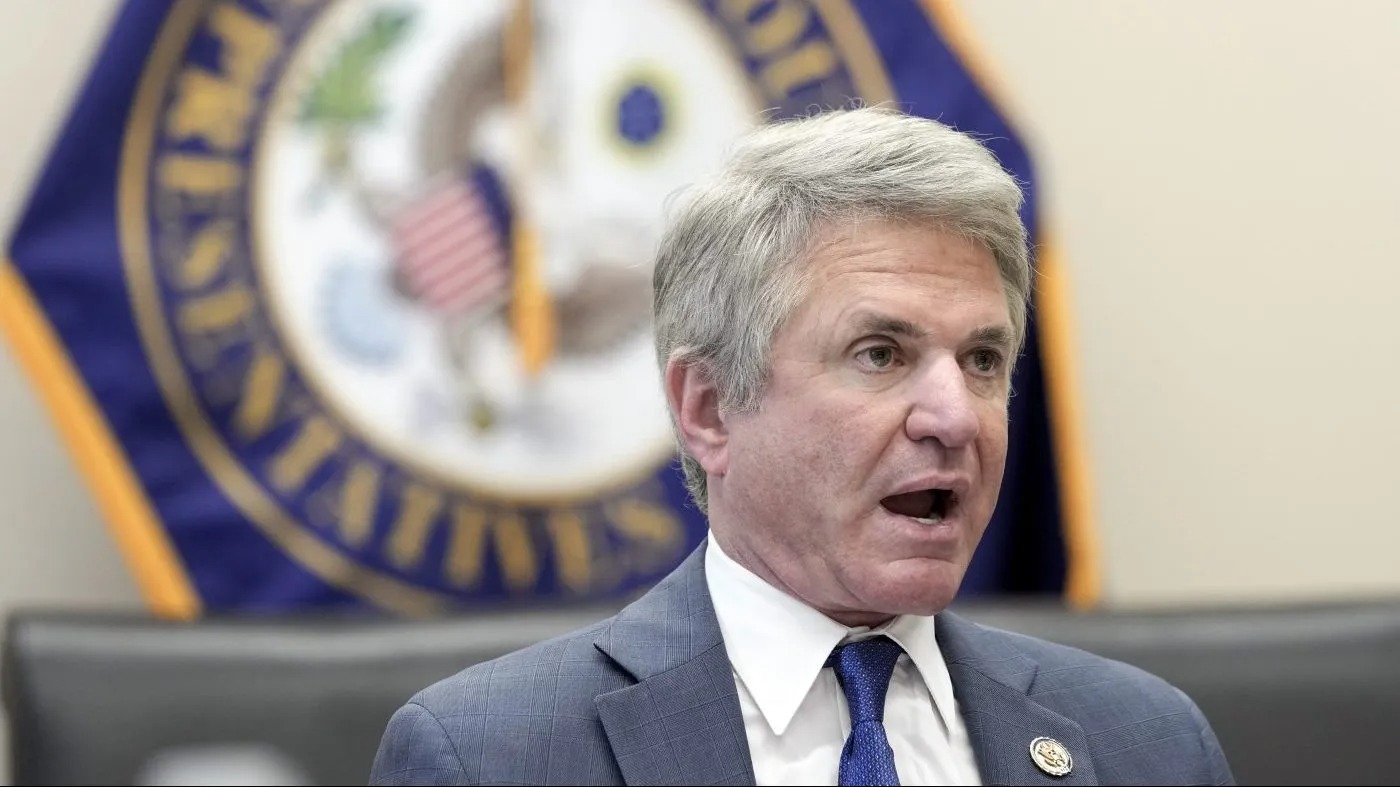Today, during a committee markup session, House Foreign Affairs Committee Chairman Michael McCaul delivered remarks on H.R. 6727, a bill to establish the United States Foundation for International Conservation and foster robust conservation efforts between the public and private sectors.
In his speech, Chairman McCaul underscored the Republican Party’s longstanding commitment to conservation, tracing it back to the era of President Roosevelt, and emphasized the imperative to combat malign actors like Russia and the Chinese Communist Party (CCP), which profit from illicit hunting.

“As the chairman of this committee, I have had the privilege, like many of us, to witness the significance of wildlife conservation on a global scale,” Chairman McCaul began, highlighting his firsthand experiences.
He then drew attention to the devastating impact of international criminal organizations, particularly in China, one of the largest markets for illegal wildlife trafficking.
Criminal gangs exploit wildlife, such as rhinos, leopards, and turtles, selling their parts in Chinese black markets with the complicity of the CCP.
The profits from these illicit activities fund various criminal enterprises, including human trafficking and the illegal drug trade. Chairman McCaul stressed that H.R. 6727 is about enhancing environmental protection and countering the malign influence of the CCP and international criminal elements.
He referenced his prior work on conservation, including his co-authorship of the bipartisan Plastics Act, which aims to mitigate plastic pollution in oceans.

Proudly presenting the Foundation for International Conservation Act, Chairman McCaul highlighted its bipartisan and bicameral support. He emphasized the unique aspect of the bill, which leverages private philanthropy in a 2-to-1 ratio of private-to-public spending.
Additionally, he mentioned the potential for a $100 million offset in appropriations language, ensuring no new costs to taxpayers upon enactment.
The bill’s top priorities include conserving endangered species in Africa, preserving marine life in areas like the Galapagos, and protecting rainforests in regions such as the Congo, Indonesia, and the Amazon.
Chairman McCaul noted the broad support the legislation has garnered from various groups, ranging from sportsmen organizations to conservationists.
Beyond conservation efforts, Chairman McCaul underscored the foundation’s diplomatic significance, highlighting its role as a unique tool in U.S. foreign policy.
He emphasized how the bill counters CCP influence, particularly in regions where wildlife trafficking and environmental degradation are rampant.
Chairman McCaul reaffirmed the Republican Party’s historical commitment to conservation and expressed his satisfaction with the bipartisan support for the critical measure.


